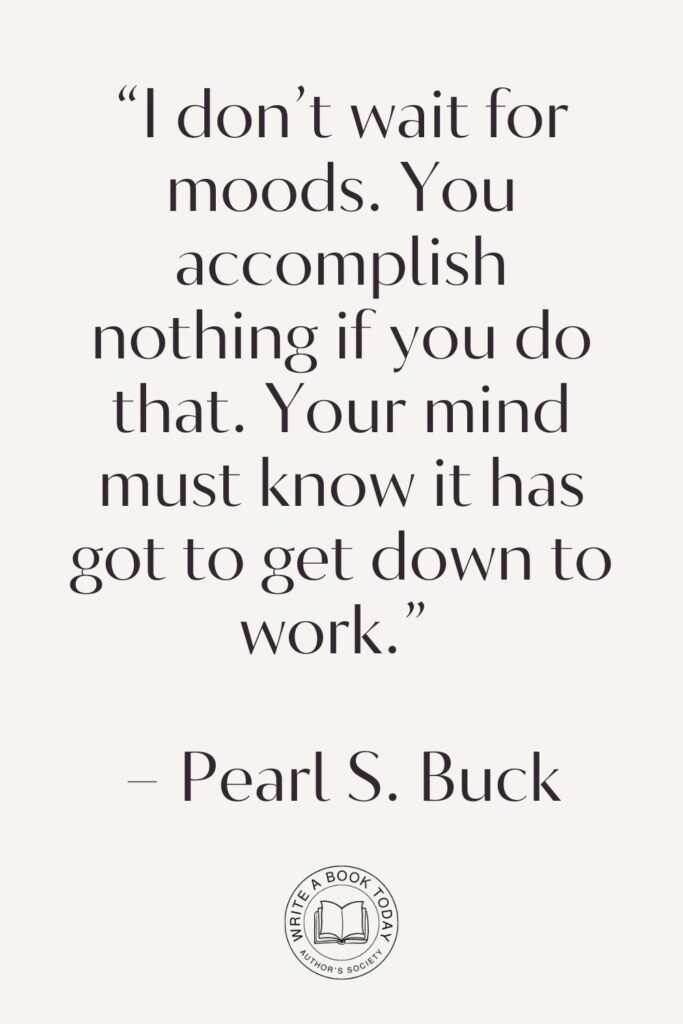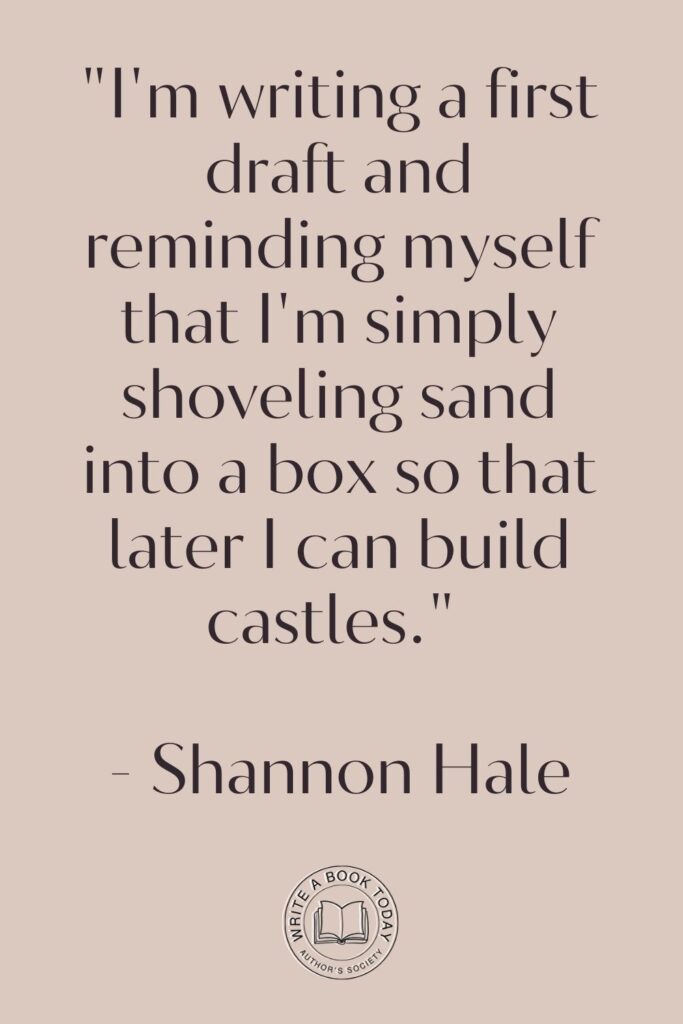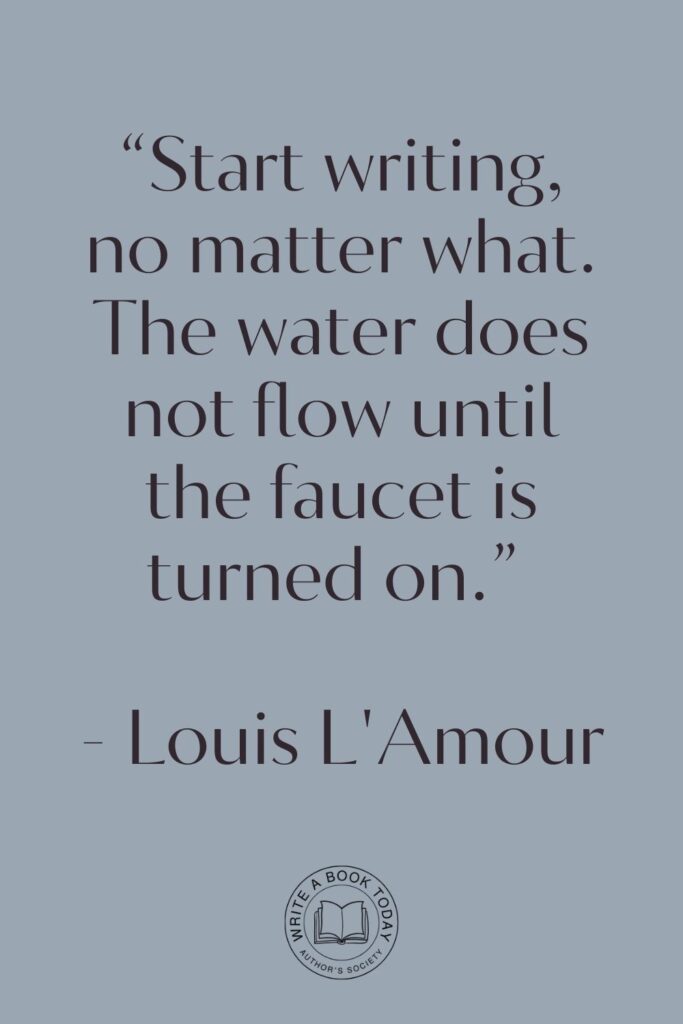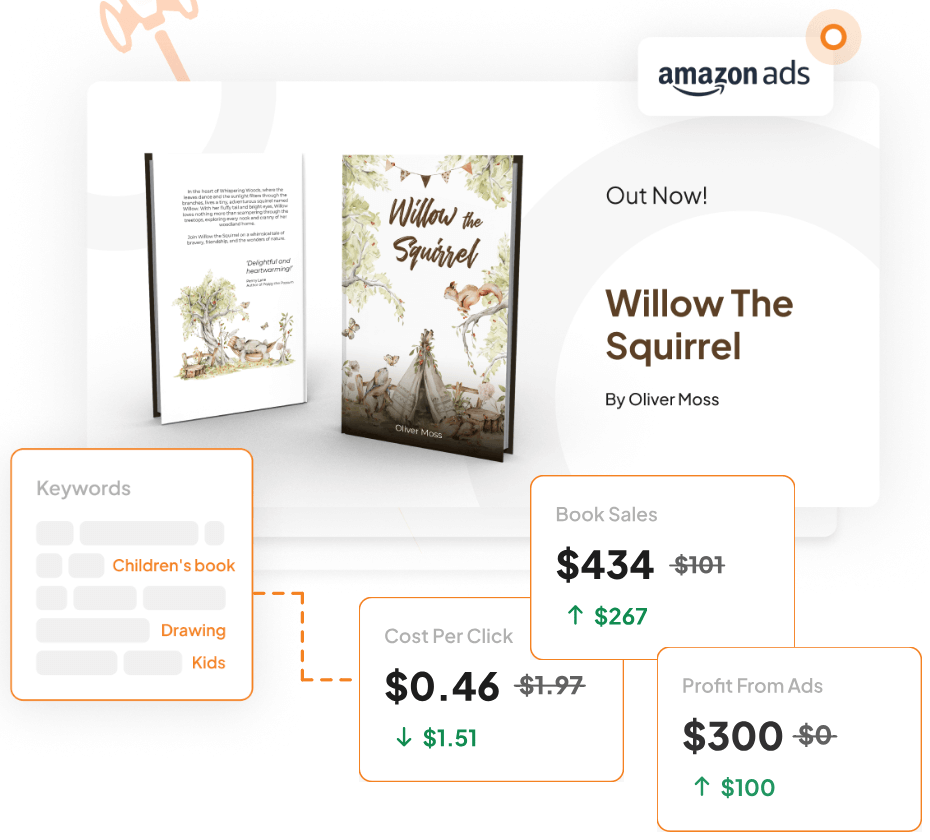Imagine pouring your heart into a manuscript, only to discover it’s missing that certain spark. What if a fresh set of eyes could transform it into a masterpiece? Enter the professional editor, often the unsung hero behind successful writers.
Many assume editing is just about fixing typos, but the truth might surprise you. This post delves into the hidden perks of hiring an editor, dismantling myths, and sharing real-life transformations.
Let’s explore how an editor could be your secret weapon.
Why Consider Hiring a Professional Editor?
In a world overflowing with content, standing out can feel like finding a needle in a haystack. The role of a professional editor extends far beyond mere proofreading; it’s about elevating your work to its fullest potential. But why exactly should you consider bringing one on board?
The Value of a Fresh Perspective
Writing can sometimes be like painting with blinders on. You’re too close to your creation to see its flaws or potential improvements. A professional editor provides a fresh perspective, identifying areas that may lack clarity or impact.
Their objective viewpoint can help refine your voice and strengthen your narrative. Editors are like sculptors, chiseling away at the excess to reveal the masterpiece within.
They understand the nuances of language and can guide you in making your story more compelling. With their expertise, even the most subtle changes can make a significant difference, turning a good piece of writing into a great one.
When choosing an editor, consider their background and expertise in your genre. An editor familiar with your subject matter will offer insights that resonate with your target audience.
This alignment can enhance the authenticity and appeal of your work. Remember, the right fit can amplify your message and elevate your writing.
Common Editing Benefits You Might Overlook
Many writers underestimate the range of editing benefits that a professional can bring to the table. Beyond grammar and punctuation, editors can enhance the structure and flow of your text. They ensure that each paragraph transitions smoothly to the next, maintaining the reader’s engagement.
Moreover, editors can offer invaluable feedback on character development and plot progression. They identify inconsistencies and suggest adjustments that align with your vision. By addressing these elements, editors help create a cohesive and captivating narrative.
- Improved clarity and readability
- Enhanced storytelling techniques
- Consistency in tone and style
- Stronger character arcs
Google Docs is for notes. Scrivener is for novels. Upgrade your writing game and try it for free today!

Debunking Editing Misconceptions
Despite their value, editors often face misconceptions that undermine their role. Let’s unravel these myths and uncover the true essence of professional editing.
Isn’t Editing Just for Big Publishers?
There’s a prevailing notion that editing is a luxury reserved for established authors or major publishing houses. However, this couldn’t be further from the truth. In today’s digital age, where self-publishing is more accessible than ever, editing is crucial for anyone seeking to make a mark.
Whether you’re crafting a novel, a blog post, or a business proposal, a professional editor ensures your work is polished and professional. They help level the playing field, allowing independent writers to compete with industry giants. Editing is not a privilege; it’s an investment in your success.

Do I Really Need an Editor for My Writing?
Another common misconception is that only inexperienced writers need editors. Yet, even seasoned authors rely on editors to refine their work. Writing is a solitary endeavor, and having a second pair of eyes can illuminate aspects you might have overlooked.
Editors provide a safety net, catching errors that could detract from your credibility. They also challenge you to think critically about your content, encouraging growth and improvement. Ultimately, every writer, regardless of experience, can benefit from an editor’s expertise.
Consider setting aside a portion of your budget for editing services. This investment can yield long-term benefits, enhancing your reputation and increasing your chances of success.
Remember, quality content can open doors to new opportunities and readership. Prioritize editing as a fundamental step in your writing journey.
Real-Life Stories: Transformative Editing Experiences
The impact of a professional editor is best illustrated through real-life stories. These anecdotes highlight the transformative power of editing.
Before and After: The Impact of Professional Editing
Take Jane, an aspiring novelist whose debut manuscript was rejected multiple times. Discouraged but determined, she sought the help of a professional editor. Through meticulous revisions, her story evolved into a gripping tale that captured the attention of publishers.
The editor’s insights helped Jane refine her characters and streamline her plot, resulting in a cohesive and compelling narrative. Her book was eventually published, receiving critical acclaim and commercial success. This transformation underscores the profound impact an editor can have on a writer’s journey.
Feeling lost with your debut novel?
Fiverr Pro connects you with expert editors, designers, and marketers – everything you need to get your book ready for success!

Testimonials from Writers Who Took the Plunge
Countless writers have shared their positive experiences with hiring an editor. Mark, a self-published author, credits his editor with turning his scattered ideas into a bestseller. The editor’s guidance in restructuring his book led to rave reviews and a loyal fanbase.
Similarly, Sarah, a blogger, found that her editor’s suggestions enhanced her content’s clarity and engagement. As a result, her readership grew significantly, attracting collaboration opportunities and sponsorships. These testimonials highlight the tangible benefits of investing in professional editing.
| Writer | Challenge | Outcome |
|---|---|---|
| Jane | Manuscript Rejections | Published Novel |
| Mark | Scattered Ideas | Bestseller |
| Sarah | Lack of Clarity | Increased Readership |
What to Expect When You Hire a Professional Editor
Embarking on the editing journey requires understanding the process and what to expect. Here’s a glimpse into the world of professional editing.

Understanding Different Editing Levels
Not all editing is created equal. There are various levels, each serving a specific purpose. Developmental editing focuses on the big picture, addressing plot structure, character development, and overall coherence. Line editing hones in on language use, enhancing style and tone.
Copyediting, on the other hand, is more technical, correcting grammar, punctuation, and spelling errors. Understanding these distinctions helps you choose the right level of editing for your needs.
A professional editor will guide you through this decision-making process, ensuring your work receives the attention it deserves. Before hiring an editor, clarify your goals and expectations for the project.
Communicate your vision and any specific areas you’d like to improve. This collaboration fosters a productive partnership, resulting in a final product that aligns with your aspirations. Transparency and open communication are key to a successful editing experience.
The Editing Process: What Happens Behind the Scenes?
The editing process is a collaborative effort involving multiple stages. Initially, the editor reviews your work, assessing its strengths and weaknesses. They then provide feedback and suggestions for improvement, working closely with you to implement changes.
Throughout this process, editors maintain open lines of communication, ensuring your voice remains intact. They respect your creative vision while offering constructive criticism.
This behind-the-scenes work culminates in a polished piece that resonates with your audience.
Making the Decision: Is It Worth the Investment?
Deciding to hire a professional editor involves weighing the costs against the potential benefits. Let’s delve into this critical decision-making process.
Cost vs. Value: Analyzing the Return on Investment
While hiring an editor requires financial investment, the value they bring can far outweigh the cost. A well-edited piece can boost your credibility, attract a wider audience, and open doors to new opportunities. It’s an investment in your brand and your future.
Consider the long-term benefits of polished content. Quality writing stands the test of time, establishing your reputation as a skilled and professional author. By prioritizing editing, you’re investing in your success and ensuring your work leaves a lasting impact.
When to Hire an Editor: Timing Is Everything
Timing plays a crucial role in the editing process. Ideally, you should engage an editor once you’ve completed your initial draft. This allows them to assess your work holistically and provide comprehensive feedback.
However, some writers benefit from early-stage editing, particularly if they’re struggling with plot development or structure. Ultimately, the decision depends on your unique needs and goals. Consulting with a professional editor can help determine the best timing for your project.

Your Next Steps: Embrace the Editing Journey!
Ready to take the plunge and embrace the editing journey? Here are your next steps to finding the perfect editor and ensuring a smooth collaboration.
Finding the Right Editor for Your Needs
Finding the right editor involves research and consideration. Start by seeking recommendations from fellow writers or exploring online platforms that connect authors with editors. Review their portfolios and testimonials to gauge their expertise and compatibility with your project.
Once you’ve narrowed down your options, schedule consultations to discuss your needs and expectations. This initial conversation sets the foundation for a successful partnership. Remember, the right editor can elevate your work and help you achieve your writing goals.
During your search, prioritize editors who demonstrate a genuine interest in your work. Their enthusiasm and passion can translate into a more invested and collaborative editing experience.
Don’t hesitate to ask questions about their process and approach. Finding a compatible editor is crucial to realizing your creative vision.
No marketing platform? No social following? No problem!
Publisher Rocket helps you market your debut novel like a pro.
It’s a gamechanger for debut authors – try it today!


Ready, Set, Edit: Tips for a Smooth Collaboration
Once you’ve chosen an editor, fostering a positive and productive relationship is key. Clearly communicate your goals and expectations, providing any relevant background information or context. This transparency ensures both parties are aligned and working towards a common objective.
Throughout the editing process, maintain open lines of communication. Be receptive to feedback and willing to engage in constructive dialogue. Remember, the editor is there to support and enhance your work. By embracing collaboration, you’ll maximize the benefits of professional editing.
In conclusion, hiring a professional editor can be a transformative step in your writing journey. Their expertise and fresh perspective breathe new life into your work, ensuring it resonates with readers.
By debunking misconceptions and understanding the editing process, you’ll make informed decisions about your writing. Embrace the editing journey and unlock the full potential of your creative endeavors.








